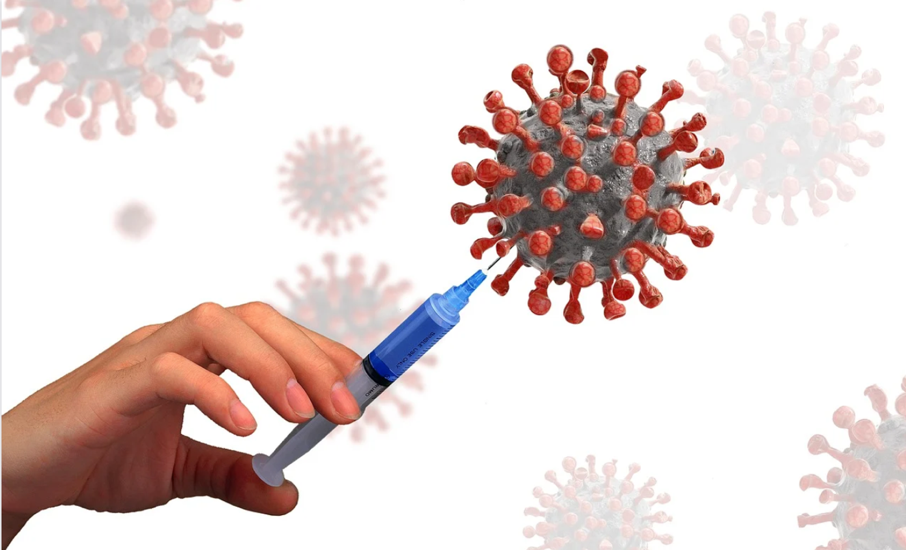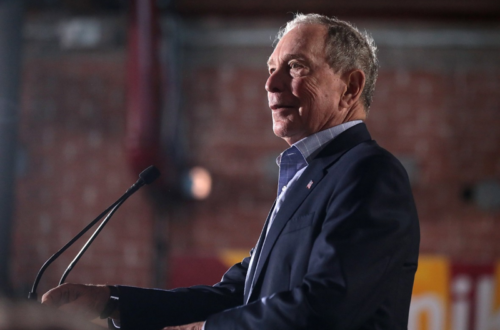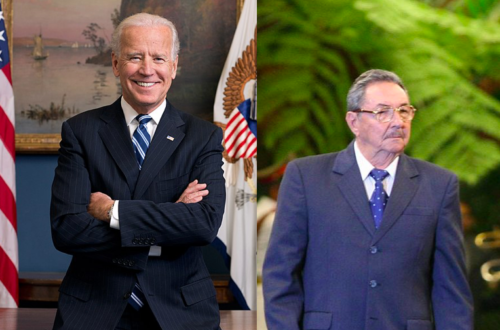On Nov. 9, Pfizer and BioNTech announced a promising SARS-CoV-2 (COVID-19) vaccine based on Phase III trials. By Dec. 2, they received the first authorization to bring the vaccine from the bench to the market. Other biotechnology leaders such as Moderna and the University of Oxford/AstraZeneca have reported vaccine developments with similar efficacy during this time frame.
Although desperate times call for desperate measures, vaccine efforts during this pandemic remain far from desperate. COVID-19 vaccines are at 90% efficacy and have received emergency-use authorization, with potential implications for Florida. “Vaccine hesitancy diminishes proportionately inversely with the efficacy of a vaccine,” said Dr. Anthony Fauci, NIAID director and a central figure in the pandemic.
Dr. Carolina Maciel, a neurointensivist at UF Health, stated that she “[does] not expect the rolling out of the vaccines to greatly affect the pandemic in Florida specifically. While this is a remarkable milestone, the logistics behind distribution will not allow for massive vaccination of the population. The priority will be for health care workers and frontline providers. This is truly remarkable as we are going down (due to quarantine, being sick, or even dying) at an unprecedented pace.”
Dr. Maciel accentuated the importance of caregivers’ wellbeing amid constant exposure to the virus. “We hear a lot of talk about the number of ventilators and ICU hospital beds,” said Dr. Maciel. “The lack of material resources can be easily overcome by an influx of financial investments in the production and reorganization of a hospital.”
In contrast, Maciel emphasized that “well-trained intensivists, nurses, respiratory therapists, nutritionists, rehabilitation specialists, and so many others–all playing a crucial role in the longitudinal care of these patients–take years to be proficient in caring for these complex patients. No matter how much money is involved, this is something that we cannot expedite, so being able to protect the workforce and preserve such scarce human resources means that we finally have a fighting chance against this pandemic.”
Dr. Maciel noted that the second phase of vaccine distribution “will require a well-orchestrated plan at the federal, state and county level” to prioritize “vulnerable populations and those disproportionately affected by the pandemic.”
Manifestations of SARS-CoV-2 in older adults are typically more threatening. Florida has the second-highest population of older adults (65+), comprising 20.5% of the total state population. Proper allocation of vaccines is crucial for this age cohort.
In addition, race-based data for COVID-19 mortality rates exemplify further issues. Coronavirus-related deaths in the Black and Latinx populations of Florida are 3.18 and 2.37 times higher, respectively, than among White residents in Florida. These racial disparities within Florida’s demographic are essential to consider when distributing vaccines.
Other impediments lie ahead in this process. Recent data from the CDC reports Florida to be ranked 49th in the nation for statewide influenza vaccination coverage, with a comparatively low rate of 44.5%. In terms of COVID-19 severity, Florida was the coronavirus epicenter in late July, and cases remain high with the current positivity rate at 10.2%. Florida’s reputation for subpar vaccination and prolific COVID-19 cases could create a difficult gap to close on the road to recovery.
Moreover, as Dr. Maciel expressed, “anti-vaxxers will try to jeopardize the achievement of mass immunization, coming up with a multitude of excuses for pushing forward their agenda against vaccination.”
Florida’s vaccination platform especially leaves room for a religious exemption. The law could be used to bolster the anti-vaccination argument. In the current sphere of public health, combating existing vaccination concerns is made more strenuous. Dr. Maciel mentioned that “we do not have enough data on long-term vaccine safety (which is an important caveat!), so it will be a difficult battle.”
The introduction of an efficacious COVID-19 vaccine in Florida has many strings attached. The vaccination initiative will involve a great deal of patience and a multitude of variables to consider. Nonetheless, the result is anticipated to be groundbreaking.
Featured image: Injecting coronavirus with vaccine syringe. (Unmodified photo by Pixabay. https://bit.ly/36OLJ32).
Check out other recent articles from the Florida Political Review here.





